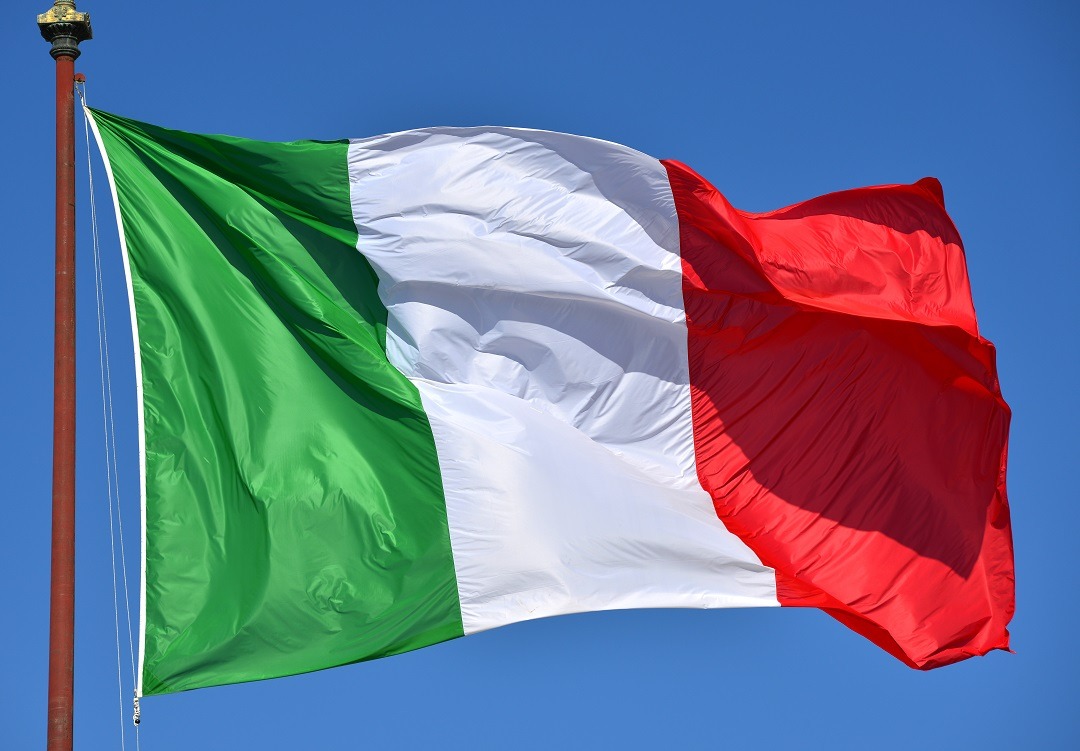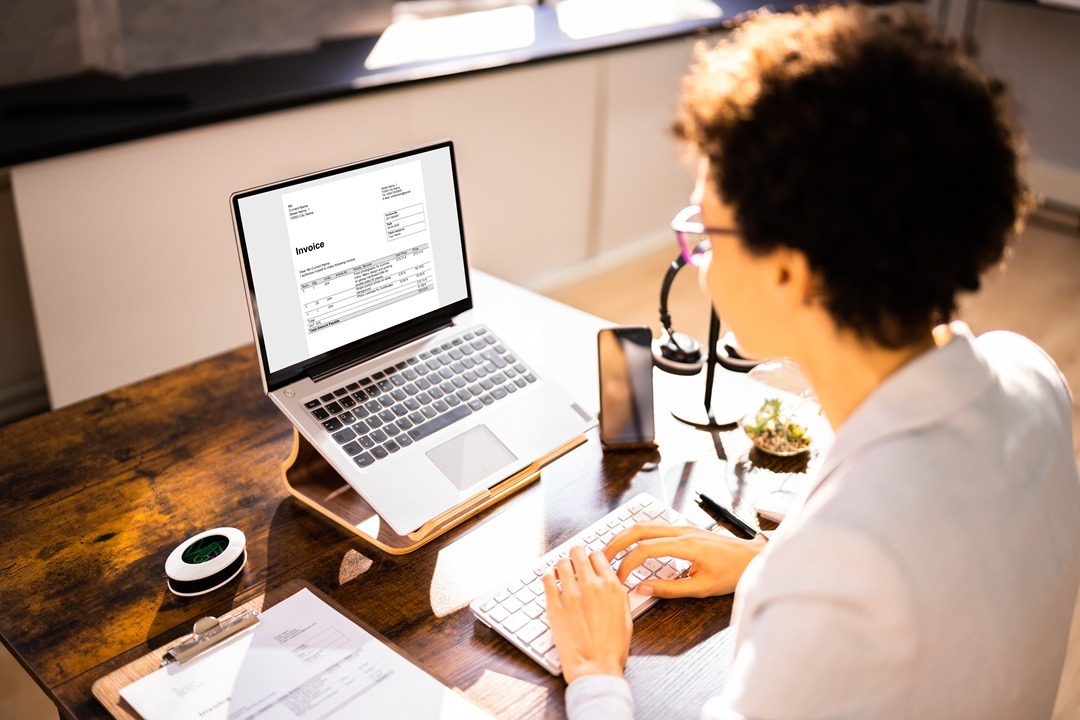How Much Money Do You Need to Start Forex Trading?23 min read
Reading Time: 9 minutesBefore you start forex trading, you need to know how much money you need. It’s difficult to be successful in something you don’t know. This article was created to help you learn.
New traders often find it challenging to understand the amount of capital necessary to open a forex trading account so they can gain profits from currency fluctuations.
New traders frequently ask whether they must invest thousands of dollars to begin forex trading or if they can start with smaller amounts.
Our discussion will cover the lowest amount needed to enter forex trading as well as suitable account sizes for new traders alongside methods to grow your account balance progressively.
You will understand what to expect from your forex trading launch with The Kingdom Bank by the time you finish this article.
New traders entering forex trading frequently inquire about the initial capital required to begin their trading journey.
The belief that you must have tens of thousands of dollars to start currency trading does not hold true because forex markets provide access to almost anyone prepared to learn.
This article examines what the minimum opening balance is for a live forex trading account and how leverage changes this requirement while also looking at broker options for those with limited funds and methods to expand a small trading account over time.
You’ll leave this article with a thorough understanding about how to start trading in the forex market.
What is the minimum amount needed to start forex trading?
Retail forex brokers typically establish a low minimum deposit threshold for opening a live trading account. The Kingdom Bank allows new traders to begin forex trading with a minimum deposit of $100.
Although this small amount meets technical requirements, can anyone realistically attain success with such a limited starting balance? A $100 balance proves insufficient for implementing an effective forex trading strategy consistently.
Trading with such a limited account balance means that just a few losing trades would eliminate all the funds available.
Managing risk properly becomes nearly impossible in currency trading because it is essential to the process. The majority of the capital would be used up just paying spreads and commissions.
The minimum deposit represents merely the lowest allowable amount to open a forex trading account. A minimum starting balance of $500 to $1,000 is recommended by experts to apply trading skills effectively and improve as a trader.
Can I start forex trading with $10 or $50?
The answer to this question is now obvious – it is not advisable to begin forex trading with a mere $10 or $50.
These small balances only meet the minimum deposit requirements at certain brokers but fall short in allowing new traders to effectively manage risk or trade appropriate lot sizes and withstand any small losses.
When starting live forex trading you should not consider the minimum deposit requirement as your target savings instead aim for at least $500 or $1,000 if it’s achievable.
Having sufficient capital cushions your trading account against market volatility while avoiding the danger of account depletion from routine trading activities.
Consider it an educational investment because allocating more capital from the start enhances your ability to develop practical trading skills.
You can start with $10 or $50 to meet the minimum requirement but aim to accumulate at least $500 and ideally $1,000 or more to begin trading.
The larger initial balance enables you to handle trading errors during your learning period without facing the stress of managing a small account balance. Start by mastering risk management principles and trade with smaller position sizes.
Through strategic planning and patience it’s possible to increase an initial investment of $1,000 to a significantly larger sum over time.
How much money is recommended for beginners in forex trading?
New forex traders should aim to start with no less than $500 according to most experts. Your account will survive initial losses while you learn market analysis and strategy development. The $500 initial investment gives you enough space to handle multiple small losses before needing to add more money.
Beginners who have access to at least $1,000 or more as starting funds often find this amount comfortable to begin trading. A bigger financial safety net exists to handle common early trading errors while you develop your skills.
Allocating more capital to your forex trading educationat the beginning generally results in better outcomes. A minimum of $500 remains sufficient to enable practical trading education.
Does forex trading require a large investment to be profitable?
Many people mistakenly believe that you must invest tens of thousands of dollars to achieve success in currency trading. You can achieve profitability in forex trading as a beginner by managing risk properly and making sensible trade decisions even with a small account.
Part-time traders typically begin trading with an initial fund of $500-$1,000 and can expand their account size through disciplined trading strategies.
Successful trading requires finding reliable trading opportunities and adjusting your risk according to your account size. Traders should risk no more than 1% of their $500 balance on any individual trade.
By controlling risk the trader reduces the impact of losses and enables profit compounding. Maintaining losses within limits allows even small percentage gains to multiply capital substantially as time passes.
Consistency is more important than massive positions. Beginners should aim for small but consistent gains as a practical objective.
What is the ideal starting balance for a forex trading account?
After evaluating various opinions most experts come to the conclusion that $1,000 represents the minimum starting balance needed for new forex traders.
The starting capital allows new traders to endure initial losses while developing skills without facing the high pressure of starting with a small $100 demo account.
A $1,000 starting balance enables traders to trade micro lots and reduce risk while learning through real-time market participation. Investors can scale their positions incrementally instead of committing all their capital to every investment decision.
A starting balance of $1,000 enables new traders to dedicate their efforts to learning because they don’t need to worry about losing their entire account balance.
Maintaining small position sizes creates necessary discipline which proves vital for enduring success in unpredictable market conditions.
A novice trader should target the achievement of growing a $1,000 account over six months or more as a practical goal. As you progress you will refine your trading approach and find areas for enhancement.
A larger starting capital of $2,000 or $5,000 provides a greater error allowance during skill development.
As your confidence strengthens with time you’ll be able to increase your trade sizes with additional capital. Investing a minimum of $1,000 allows traders to gain practical experience while avoiding the stres
s connected to managing micro-lot accounts. This provides an opportunity to evaluate your knowledge by trading in real market scenarios.
Beginning forex trading with $10 or $50 is technically feasible but The Kingdom Bank advises new traders to start with an actual minimum deposit of $300-500.
The recommended minimum deposit amount enables new traders to effectively implement fundamental trading principles and reduce risk exposure while developing their skills.
It is feasible to pursue monthly growth targets of 1-3% consistently. You can attain consistent forex market profits by initially studying and perfecting your trading methods with smaller account sizes before increasing your funds.
Launch your trading journey right now by setting up a forex account with The Kingdom Bank.

How does leverage affect the amount of money needed for forex trading?
The ability to use leverage makes forex trading distinct from stock trading and other financial markets.
Traders use leverage to manage big positions by borrowing a small amount of capital. For example, a leverage of 1:100 means for every $1 you deposit, you can trade $100 worth of currency. This magnifies both profits and losses exponentially.
Most forex brokers offer leverage between 1:2 and 1:500, with 1:30-1:200 being more common. At a standard leverage of 1:100, you could control $10,000 worth of currency with a deposit of just $100.
This leverage acts as a double-edged sword because it magnifies both profits and losses generated from each pip movement whether it moves in your favor or against you. Money management and risk control must therefore be top priorities.
The amount you need to deposit to open a live forex trading account typically varies between $100 to $500 depending on the broker’s requirements. Some brokers permit trading with a minimum deposit of $25.
When trading with leverage you should avoid risking more than 1-2% of your account balance on any single trade. The best trade size you should aim for with a $100 trading account stands between $1 and $2 per pip movement.
Are there forex trading brokers that allow trading with a low deposit?
When working with limited funds traders should seek brokers who offer micro accounts for effective trading options. The Kingdom Bank enables forex trading beginners to open micro accounts with just $25 making it an ideal choice for those with minimal initial deposits.
The platform offers advanced order types alongside tight spreads and commission-free trading with only a minimal entry requirement.
Traders must employ careful money and risk management strategies when trading with micro accounts. The Kingdom Bank enables traders with minimal capital to actively learn real-time currency price tracking and execute actual trades.
The low minimum deposit requirement allows newcomers to forex to begin their trading journey. With time, traders gain skills which enable them to upgrade their accounts as their trading discipline and strategy matures.
How much money do professional traders use for forex trading?
Professional forex traders manage trading accounts that range from $25,000 to multiple million-dollar sums. The real foundation of professional forex traders’ success stems from their trading strategies and risk management practices rather than their account balances.
Professional traders initiated their careers with tiny accounts which they expanded through disciplined trading strategies and continuous learning over multiple years.
Professional traders generally follow the rule of risking between 1-2% of their account balance per trade regardless of their account size. The position sizes for a trader with a $25,000 account would be capped between $250 and $500 per trade.
Accounts valued between $100,000 and $500,000 offer increased flexibility in trading strategies but do not ensure successful results.
Professional traders employ state-of-the-art tools including automated forex analysis and algorithmic trading to discover trades with high success probabilities.
In professional trading success depends equally on building expertise and acquiring substantial capital. Effective money management techniques used on micro forex accounts can lead to steady profits throughout extended periods. Develop an educated approach before directing attention towards account balances.
What costs should I consider when starting forex trading?
Beyond your initial deposit, forex trading includes several standard continuous fees that traders must consider.
Factors that Forex trading investors should consider
- Broker Commissions: Most brokers collect small commissions on each lot traded or provide “no commission” accounts that compensate with wider spreads. High-volume traders perform better with commission-based accounts whereas traders who trade less often should opt for fixed-spread accounts.
- Spread Costs: The spread represents the price difference between buying and selling. Tighter spreads result in reduced trading costs yet tend to be available primarily for larger account balances. Always compare spreads across brokers.
- Platform/Data Fees: Monthly subscription fees are necessary for access to advanced charting tools as well as market scanning devices and live news updates. But basic platforms are generally free.
- Education: Constant education remains essential because the forex market experiences rapid changes. Search for reasonably priced training programs and workshops provided by trustworthy institutions.
- Slippage: Market orders result in fills at prices that are less favorable than expected because of market volatility. Using limit orders helps reduce slippage risk.
Understanding extra costs before starting trading helps allocate appropriate funds and select the right broker to support your trading preferences and long-term strategy. Experienced traders see fees become less impactful as a portion of their total profits with time.
How can I grow a small forex trading account over time?
To expand your forex account successfully you need disciplined trading practices and patience along with a trading approach that prioritizes risk management and consistent performance rather than chasing large profits.
Here are a few effective strategies:
- Begin trading with micro lots and small position sizes until you demonstrate your strategy’s effectiveness. Always ensure your maximum investment per trade does not exceed 1-2% of your total capital.
- Select low volatility currency pairs with narrow spreads such as EUR/USD since they demand less capital for each pip movement.
- Make trading decisions based on established technical indicators instead of leaving entry/exit decisions to news speculation or instinctive responses. Rely on objective criteria.
- Establish a daily loss limit to adhere to it. Maintain trading capital for future opportunities by promptly exiting losing trades.
- Be selective. Choose trades that match your high probability criteria and avoid constant trading pressure.
- Through trading algorithms automate routine operations to secure consistent small gains which multiply over time.
- By allocating 50% of your profits back into your account you can gradually boost your buying power while preventing excessive risk-taking through over-leveraging.
By applying patience and discipline anyone can turn a $100 account into $1,000 within one or two years through focused strategic growth. Survival through the initial phase allows traders the opportunity to trade another day.
After learning the initial steps to start with a low deposit your next move should be selecting a broker.
The Kingdom Bank stands out as an excellent choice because of its strong reputation combined with tight spreads and low minimum requirements along with versatile account options suitable for both beginners and professionals.
Our specialized account managers offer continuous guidance throughout your entire process.
You can open your forex trading account with The Kingdom Bank through a simple online process. You can fill out a simple application on our website and achieve verification status.
You can deposit funds into your account through a bank wire transfer or by using a debit/credit card or an e-wallet. You’ll be prepared to analyze live currency pairs and execute your initial trades once the setup is complete.
About The Author





